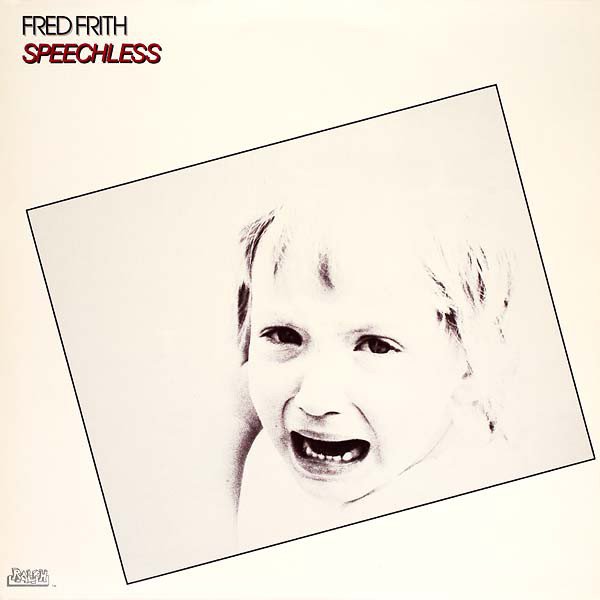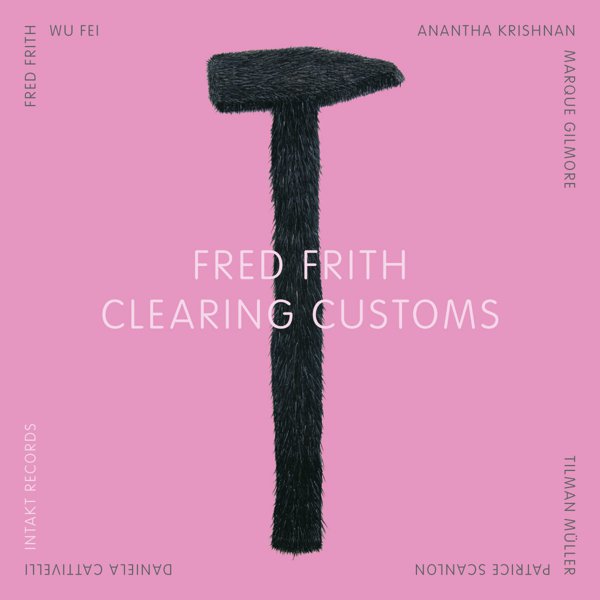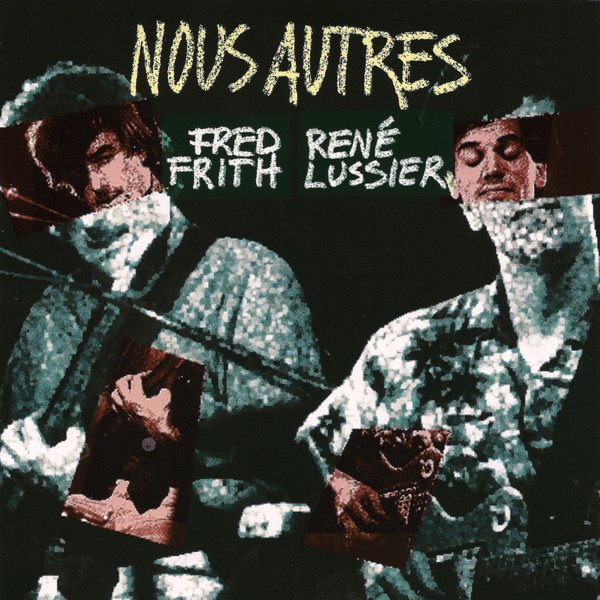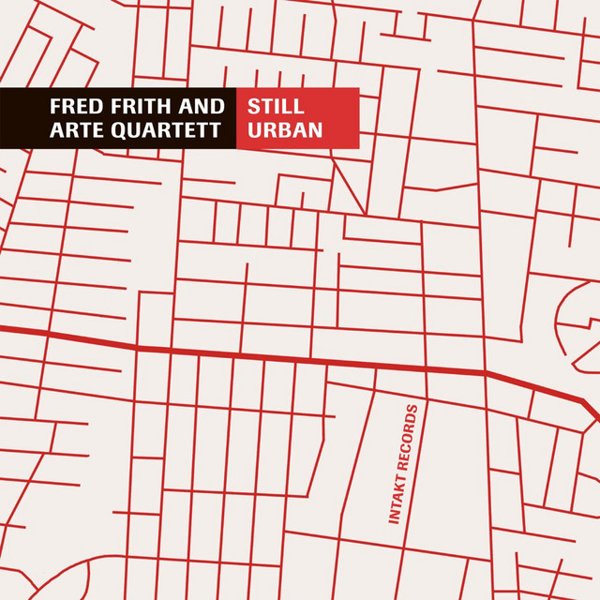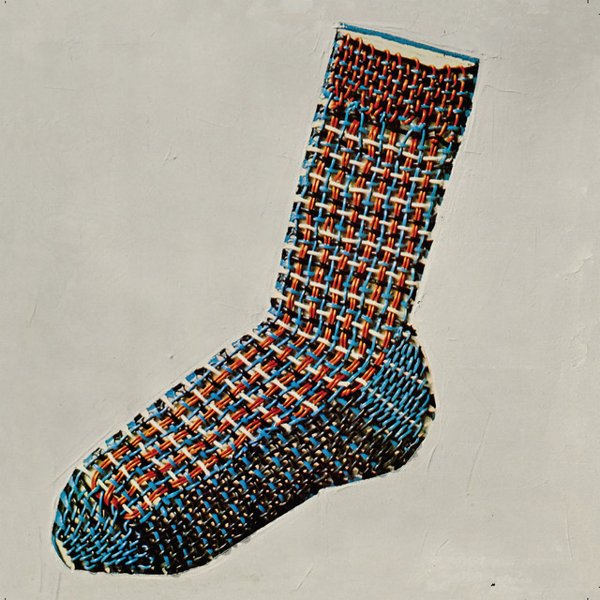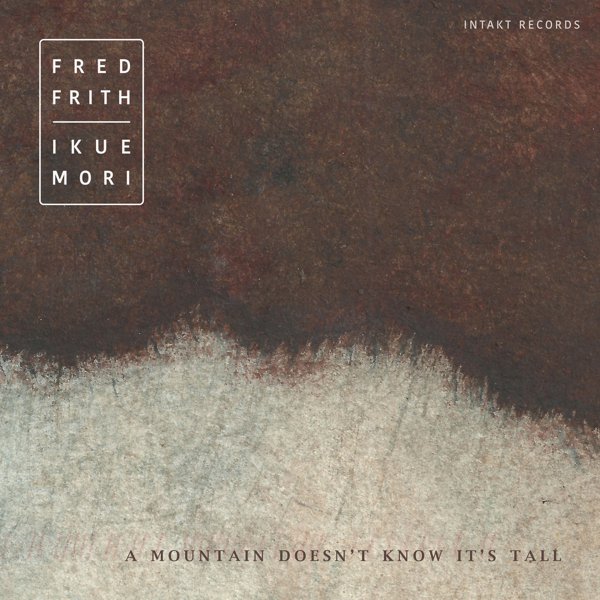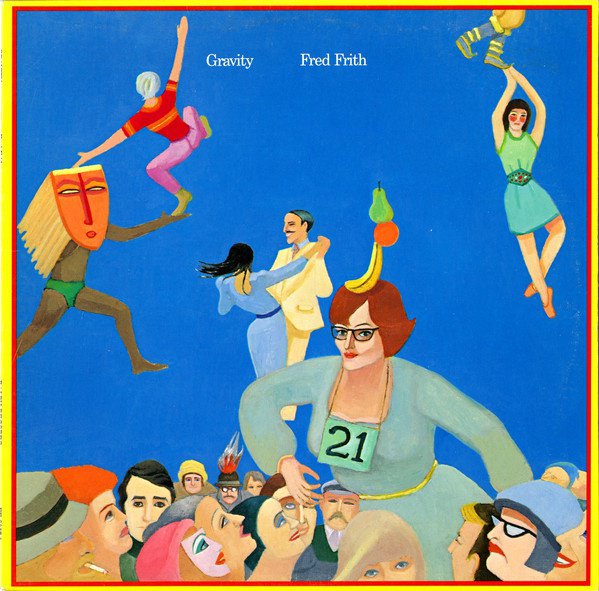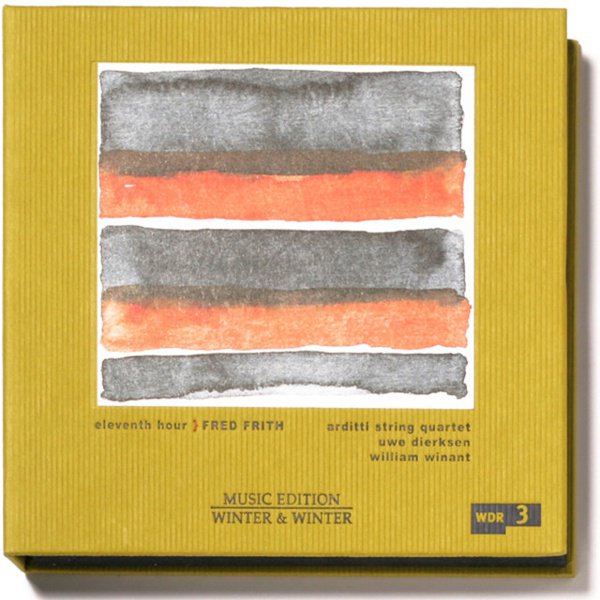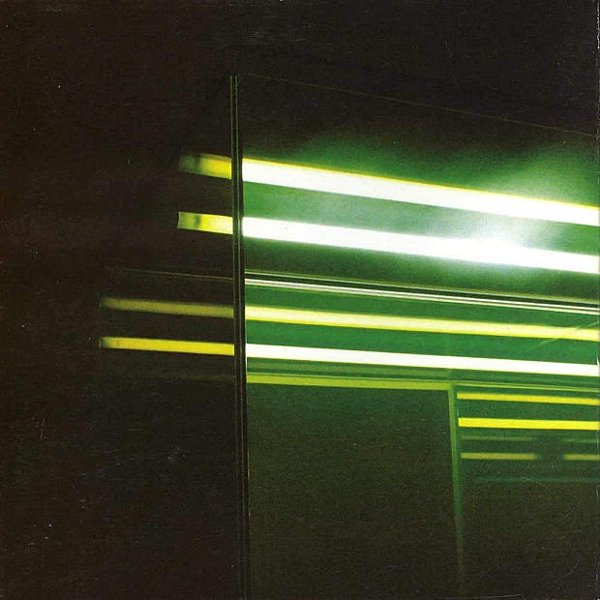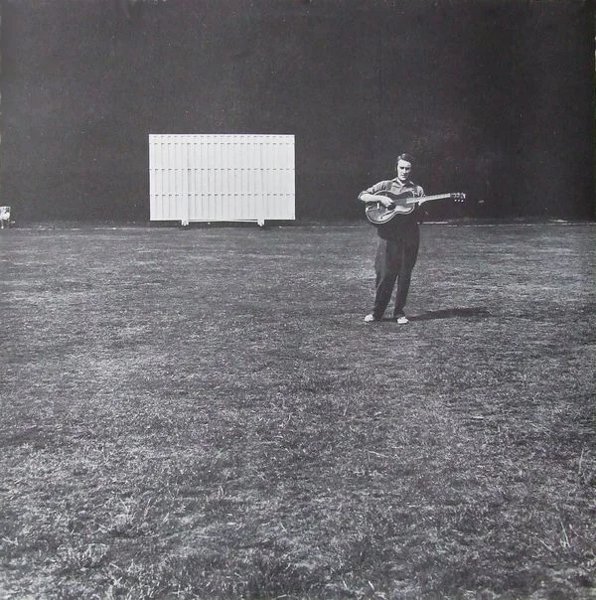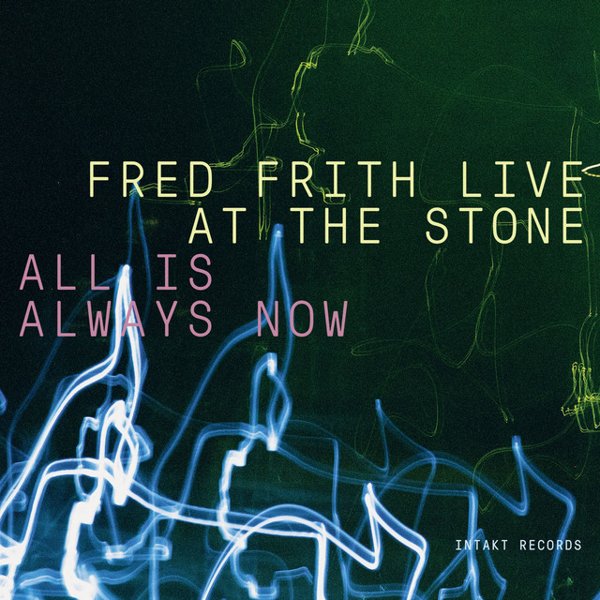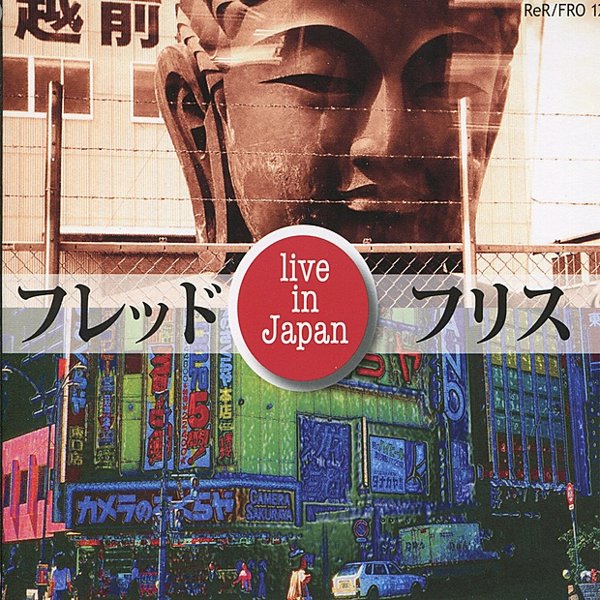Guitarist, violinist, bassist, keyboardist, and composer Fred Frith is one of the most venerable and beloved members of the rock music avant-garde, and (along with similarly inclined artists like John Zorn and Christian Marclay) has done much to blur the boundaries between popular and art music.
After a childhood and adolescence spent playing pop, folk, and blues, Frith attended Cambridge University, where he and saxophonist Tim Hodgkinson formed Henry Cow – a very 1960s name for a very 1960s experimental rock band. While Frith’s subsequent career would be marked by a wide range of projects and styles, most of that later work can be seen as having evolved more or less logically from the music of Henry Cow: the group blended free improvisation with careful composition, high-spirited humor with earnest politics, and abrasive noise with accessible melody.
While still actively involved with the band (which would endure for ten years before breaking up), Frith released his landmark Guitar Solos album. This release also functions as the template for a major strain of his work throughout the remainder of his career. On Guitar Solos he plays “prepared” guitars – a concept borrowed from composer John Cage, who famously altered the sound of pianos by laying or inserting objects onto or between the instrument’s strings. Frith did the same with guitars laid on their backs on the table in front of him. Having mechanically altered them, he would then proceed to scrape, pluck, hit, and bow the instruments, often feeding the sound through electronic effects. It was (and remains) a fundamental manifestation of Frith’s genius that this approach results in music that sounds neither random and chaotic, nor even (most of the time) unpleasant, but instead creates a pleasing and fascinating kaleidoscope of pitches, textures, and timbres that are endlessly fascinating. A few years later Frith released the solo album Gravity, which juxtaposes genuinely tuneful (though somewhat off-kilter) pop music – like the melodically gorgeous and rhythmically crooked “Spring Any Day Now” – with more challenging fare.
Frith eventually moved to New York City and quickly became a fixture on the avant-garde scene there. His most exciting work was with the wild and wooly power trio Massacre (which also featured legendary bassist Bill Laswell and drummer Fred Maher), but he also made important recordings with Skeleton Crew and John Zorn’s Naked City. He collaborated with a large and stylistically broad list of musicians, and in the 1980s began writing music for films and for composing more formal works for other ensembles, including string quartets, saxophone ensembles, and other chamber groups. He has also composed extensively for dance troupes.
In the late 1990s he joined the faculty of Mills College as composer-in-residence and later was appointed to an endowed professorship, a position from which he retired in 2018. Over the course of his career he has made or contributed to over 400 recordings.

